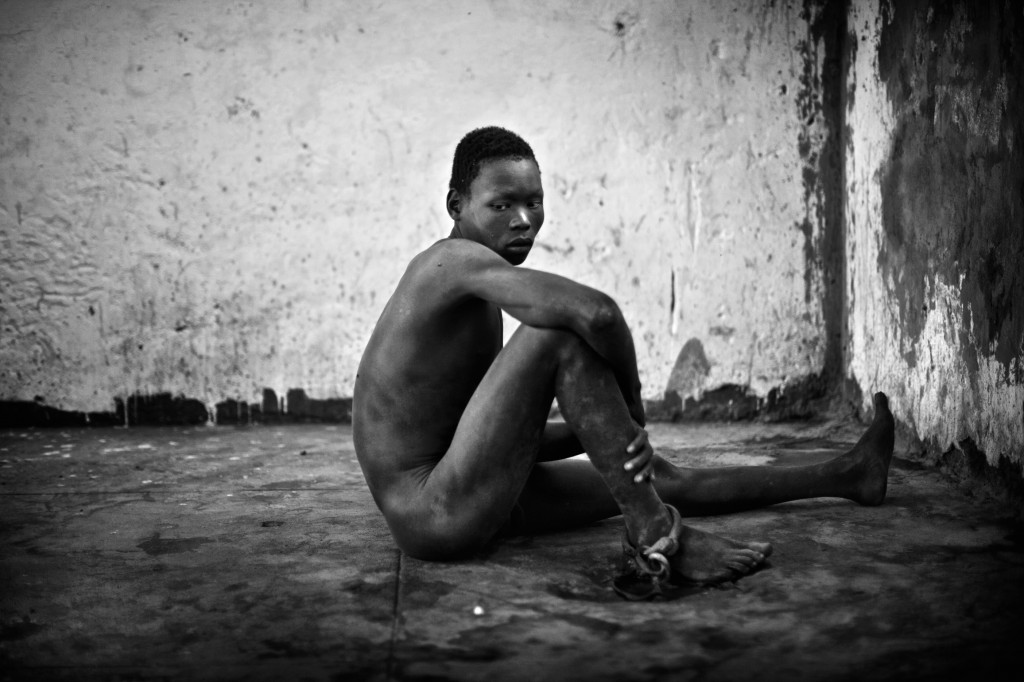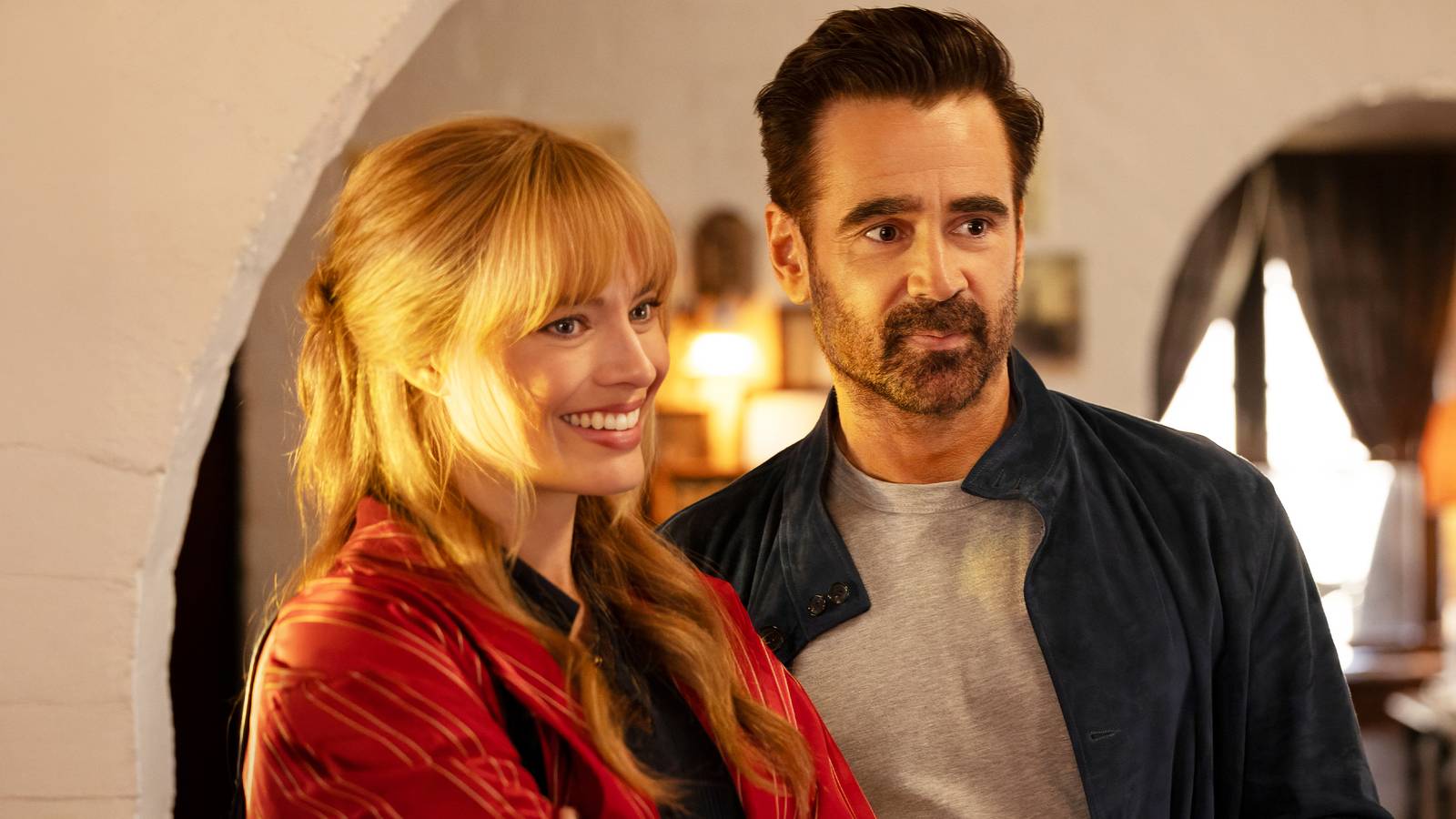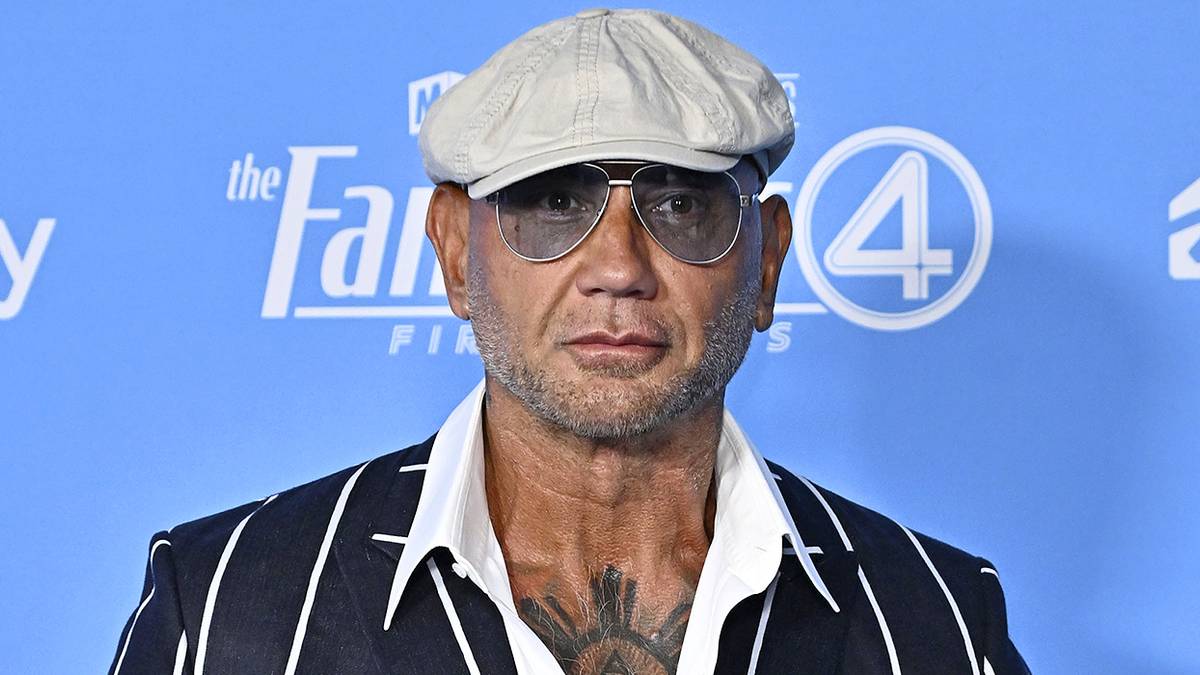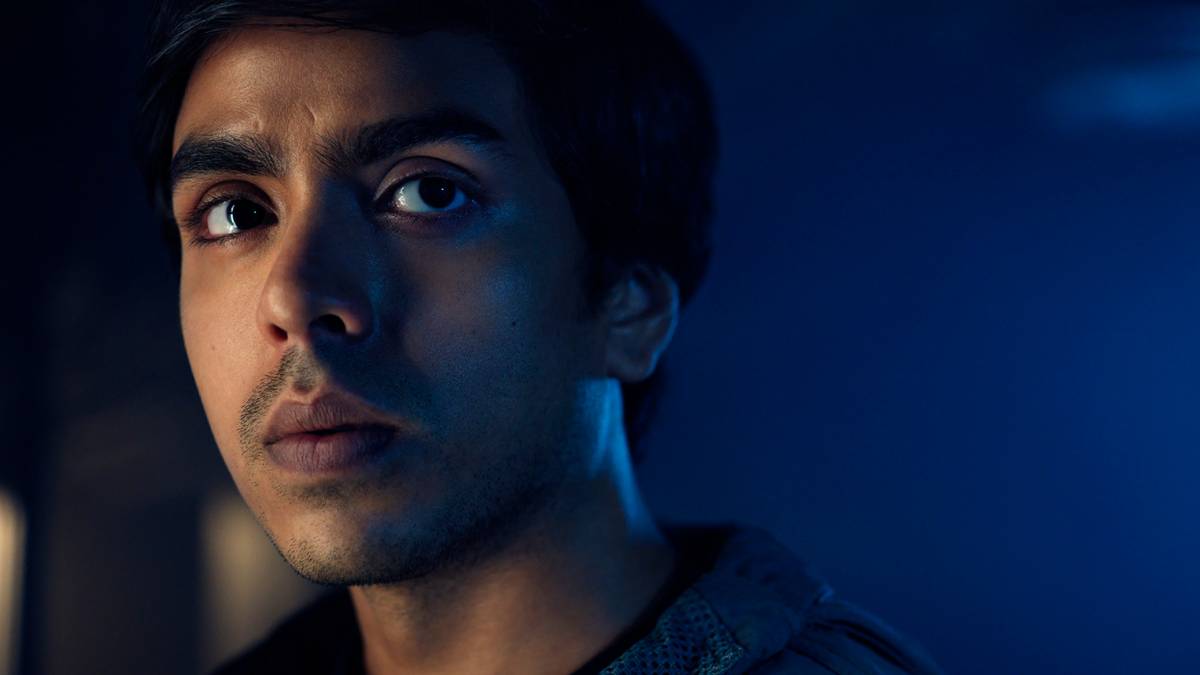The Battle for Mental Health in Modern Africa

Mental health in Africa is a subject shrouded in silence, stigma, and deeply held tradition. While the modern world increasingly frames conditions like depression, anxiety, and psychosis as medical illnesses requiring clinical intervention, a powerful and often dominant cultural narrative on the continent attributes these same conditions to spiritual or supernatural forces.
For millions, a mental health crisis is not a chemical imbalance to be treated with medication, but a spiritual affliction caused by ancestral curses, witchcraft, or a lack of spiritual fortitude.
This fundamental conflict between traditional beliefs and modern psychology is the central challenge in the battle for mental well-being in contemporary Africa, creating profound barriers to help-seeking and healing.
This fundamental clash creates a profound and often life-threatening dilemma for individuals and families.
A person experiencing a mental health crisis may spend valuable time and limited resources on traditional rituals or spiritual remedies, which, while offering cultural comfort, do not provide the clinical support needed for conditions like severe depression or psychosis.
This delay in seeking professional care can lead to a worsening of symptoms, increased suffering, and in extreme cases, tragic outcomes.
The schism also makes large-scale public health campaigns difficult, as messaging that promotes a purely medical model can be seen as dismissive of deeply held cultural beliefs, thus alienating the very communities they seek to help.
Ultimately, the path forward requires a nuanced approach that respects traditional contexts while advocating for evidence-based medical practices.
The Cultural Divide: Blame and Belief
Source: Google
The deeply entrenched beliefs about the causes of mental illness are the single greatest obstacle to formal healthcare. When a family member begins to exhibit symptoms of a mental health disorder, the first point of contact is rarely a doctor or a therapist. Instead, they are more likely to seek guidance from a traditional healer, a faith leader, or a spiritual elder.
The prescribed "treatments" can range from prayers and rituals to far more harmful practices like exorcisms, physical restraints, or herbal concoctions that lack scientific evidence.
This perspective is not merely a matter of superstition; it is a fundamental worldview that provides a framework for understanding suffering. Attributing a mental illness to a spiritual cause often places the blame on an external force, which can be comforting for a family struggling to comprehend an otherwise baffling condition.
However, this same belief system can lead to severe social exclusion. An individual who is believed to be "cursed" or "possessed" can be ostracized by their community and even their own family,leading to further isolation and distress.
The shame and fear associated with these beliefs make it almost impossible for people to speak openly about their struggles, driving the crisis further into the shadows.
The Risks of Traditional Practices
Social Insight
Navigate the Rhythms of African Communities
Bold Conversations. Real Impact. True Narratives.
Source: Google
While many traditional healers genuinely intend to help, their practices can pose significant risks, especially in the absence of medical knowledge. A lack of standardized care, hygiene, and proper diagnosis can be incredibly dangerous.
• Harmful Practices: In some cases, traditional "treatments" can involve physical abuse, prolonged fasting, or the use of potent, unregulated herbal remedies that can interact dangerously with other health conditions or even be poisonous.
• Misdiagnosis and Delay: When a mental health condition is mistaken for a spiritual problem, the time spent on ineffective traditional remedies is time lost for a person who could be benefiting from evidence-based care.
For conditions like psychosis, a delay in treatment can have irreversible consequences on a person’s cognitive function and overall prognosis.
• Perpetuating Stigma: The very nature of these practices can reinforce the idea that mental illness is a moral failing or a spiritual flaw, deepening the stigma and making it harder for individuals to seek a formal medical diagnosis when traditional methods fail.
The lack of a formal regulatory framework for traditional healers means there is little oversight to ensure patient safety, making the journey to healing a risky and unpredictable one for many.
An Emerging Path: Collaboration and Cultural Sensitivity
Source: Google
Despite these challenges, a new and promising movement is emerging across the continent, one that seeks not to abolish traditional beliefsbut to integrate modern psychology with them in a respectful, collaborative model.
Mental health professionals are realizing that a purely Western, clinical approach will not be effective without acknowledging and honoring the cultural context in which people live.
This hybrid model involves several key strategies:
• Working with Traditional Healers and Faith Leaders: Instead of seeing traditional healers as a threat, modern therapists are building partnerships with them. This collaboration can involve training healers to recognize the signs of serious mental illness and providing them with a referral pathway to formal healthcare.
In some cases, a traditional healer might work alongside a therapist, providing spiritual support while the patient receives medical treatment. This not only builds trust within the community but also ensures that patients are not forced to choose between their beliefs and their health.
• Culturally-Adapted Therapy: Modern therapy is being adapted to fit the cultural and linguistic nuances of African communities. For example, therapists might use storytelling, proverbs, and community-based group sessions to make psychological concepts more relatable.
They are also learning to speak in a way that respects a person's spiritual worldview, for instance, by acknowledging a spiritual cause for a condition while also explaining the medical side of it.
Social Insight
Navigate the Rhythms of African Communities
Bold Conversations. Real Impact. True Narratives.
• Community-Led Initiatives: The most effective change is often driven by communities themselves. Grassroots organizations and NGOs are empowering individuals with lived experience to share their stories, which helps to destigmatize mental illness.
These initiatives organize workshops and dialogues in schools, churches, and community centers to raise awareness and provide a more balanced understanding of mental health.
This collaborative approach is a critical step toward a more holistic model of care that deeply respects the complexity of African worldviews. It's a journey that doesn't aim to replace tradition with modernity, but to forge a new path to well-being that honors the past while embracing the future.
The story of mental health in Africa powerfully demonstrates the ongoing navigation between deeply ingrained traditional beliefs and modern clinical practices. It's a testament to the resilience of those who seek healing against significant cultural and societal odds, often facing intense stigma and a lack of accessible resources.
The emerging model recognizes that true wellness is not merely the absence of a disorder, but a state of balance between the mind, body, and spirit, which is central to many African cosmologies. This requires integrating traditional healing practices, like communal ceremonies and spiritual guidance, with evidence-based therapeutic methods.
The work being done by a new generation of professionals and community leaders is therefore about more than just clinical treatment. These individuals are acting as advocates and bridge-builders, working to destigmatize mental illness and empower communities to take ownership of their own health.
Their efforts are fundamentally about creating a more compassionate and understanding society where every individual’s holistic well-being is truly valued and protected.
Recommended Articles
There are no posts under this category.You may also like...
Margot Robbie and Colin Farrell's New Fantasy Film Faces Rotten Tomatoes Score Drop

"A Big Bold Beautiful Journey," starring Margot Robbie and Colin Farrell, is set for release on September 19, 2025, as a...
Highlander Reboot Gets 'John Wick' Level Hype from Dave Bautista and Henry Cavill

Dave Bautista has landed his dream role as The Kurgan in Chad Stahelski's Highlander reboot, a part he has passionately ...
Ozuna Dominates Latin Airplay with 33rd Chart-Topper!

Ozuna's "Sirenita" has officially become his 33rd No. 1 hit on Billboard’s Latin Rhythm Airplay chart, climbing to the t...
Music World Mourns: Hitmaker Omen Passes Away at 49

Renowned hip-hop producer Sidney “Omen” Brown has died at 49. Known for his work with Roc-A-Fella, Drake, Lil Wayne, and...
Alien: Earth Stars Spill on Episode 7's Terrifying Twists and Iconic Sci-Fi Nods

Dive into the intense world of <em>Alien: Earth</em> Episode 7, "Emergence," through interviews with Adarsh Gourav and D...
Emmys 2025 Red Carpet: The Most Stunning Celebrity Looks That Broke the Internet!

The Emmys red carpet redefined celebrity fashion, moving beyond traditional attire to embrace daring and expressive look...
Davido Takes Center Stage: Exclusive Nigerian Act for Coachella 2026!

Coachella has revealed its highly anticipated 2026 lineup, featuring headliners Justin Bieber, Sabrina Carpenter, Karol ...
M&S Autumn Collection Promises High Street Revolution with Style & Value!

Marks & Spencer is shaking up the High Street with its most daring and eclectic fashion collection, the "She's Back" cam...